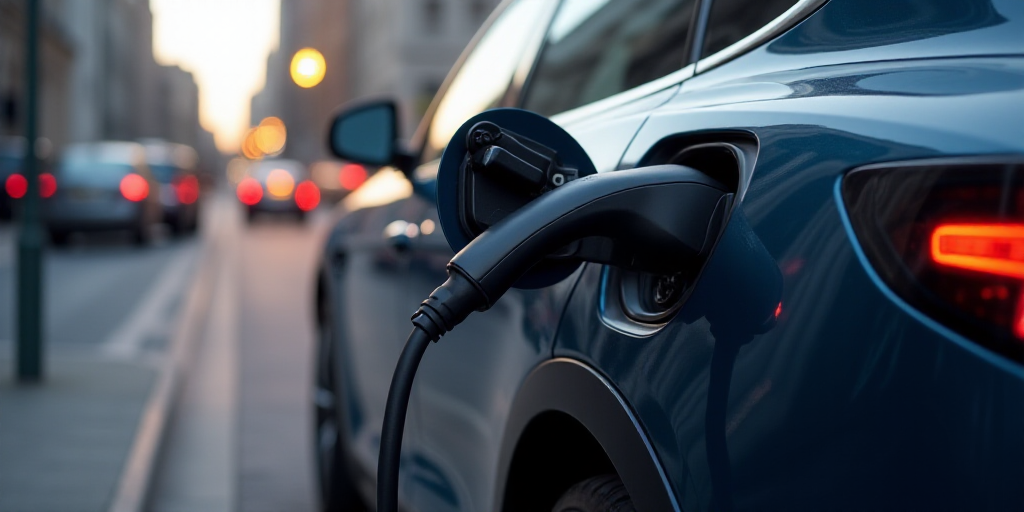Introduction
Electric vehicles (EVs) have been gaining popularity due to their environmental benefits and innovative technology. However, recent reports indicate that repair costs following high-impact accidents could significantly increase the overall expense of owning an electric car. Experts warn that the average repair ticket for connectable vehicles now ranges between 38,000 and 40,000 pesos, compared to around 18,000 pesos for gasoline-powered cars.
Understanding the Issue
The primary reason for this disparity lies in the complex nature of electric vehicle technology. EVs contain numerous high-voltage components, such as battery packs and electric motors, which require specialized knowledge and equipment to repair. In contrast, traditional gasoline cars have simpler mechanics that are more familiar to technicians.
Key Differences Between Electric and Gasoline Vehicles
- High-Voltage Components: Electric vehicles have multiple high-voltage systems, including battery packs and electric motors, which necessitate specialized training and equipment for repair.
- Specialized Technicians: Due to the complexity of EVs, there is a shortage of technicians with the required expertise to handle repairs efficiently.
- Repair Costs: The intricate nature of electric vehicles leads to higher repair costs, as specialized labor and equipment are needed.
Impact on Consumers and the Automotive Industry
As electric vehicles become more prevalent, the rising repair costs following high-impact accidents could have significant implications for both consumers and the automotive industry.
Consumer Concerns
- Increased Ownership Costs: Higher repair costs may deter potential EV buyers concerned about long-term ownership expenses.
- Insurance Premiums: Insurance companies might adjust premiums based on the perceived risk of repairing electric vehicles, potentially increasing costs for EV owners.
Industry Implications
- Technician Training: The automotive industry must invest in training programs to develop a skilled workforce capable of handling the complexities of electric vehicle repairs.
- Repair Infrastructure: Establishing specialized repair facilities and acquiring the necessary equipment will be crucial for addressing the growing demand for EV maintenance.
- Cost Competitiveness: As repair costs for electric vehicles remain higher, manufacturers must work on reducing these expenses to maintain the cost-competitiveness of EVs against traditional gasoline cars.
Key Questions and Answers
- Q: Why are electric vehicle repair costs higher following accidents?
A: Electric vehicles contain numerous high-voltage components, such as battery packs and electric motors, which require specialized knowledge and equipment to repair. This complexity leads to higher repair costs compared to traditional gasoline cars. - Q: How might these increased repair costs affect consumers?
A: Higher repair costs could deter potential EV buyers concerned about long-term ownership expenses. Insurance premiums may also increase for EV owners due to perceived repair risks. - Q: What are the implications for the automotive industry?
A: The industry must invest in technician training programs and establish specialized repair facilities to address the growing demand for EV maintenance. Manufacturers must also work on reducing repair costs to maintain the cost-competitiveness of electric vehicles.






